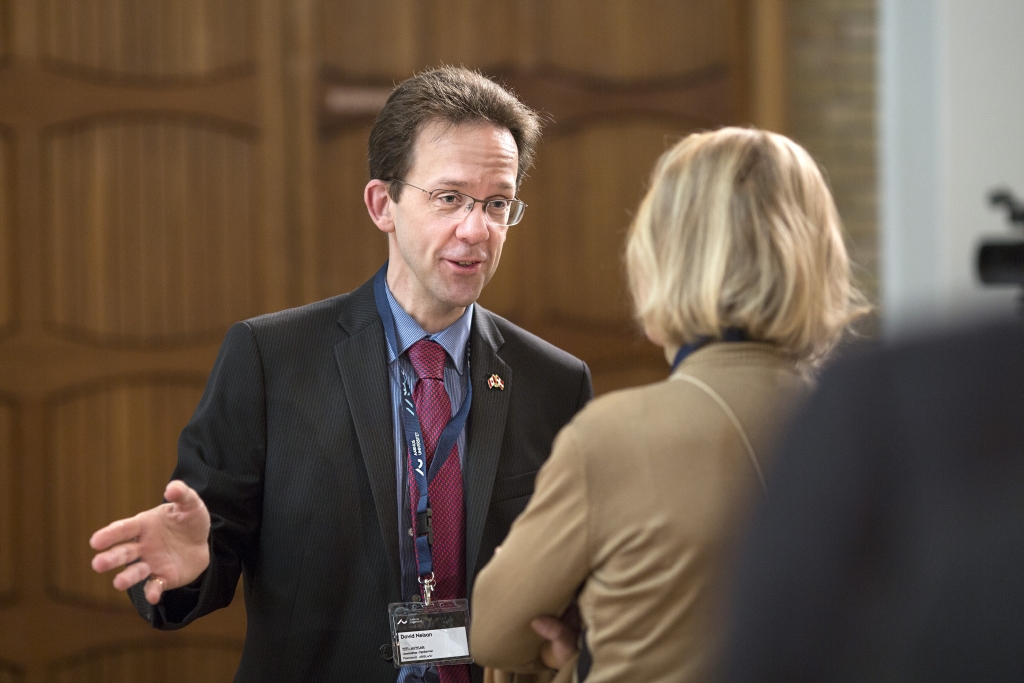Aarhus BSS conducts world-class research in public administration
Aarhus BSS stands out in the recently published rankings of the world’s best universities and research fields. The school’s ‘Public administration’ research is listed as the sixth best in the world. In comparison, the University of Copenhagen and Copenhagen Business School rank no. 34 and 50 respectively.
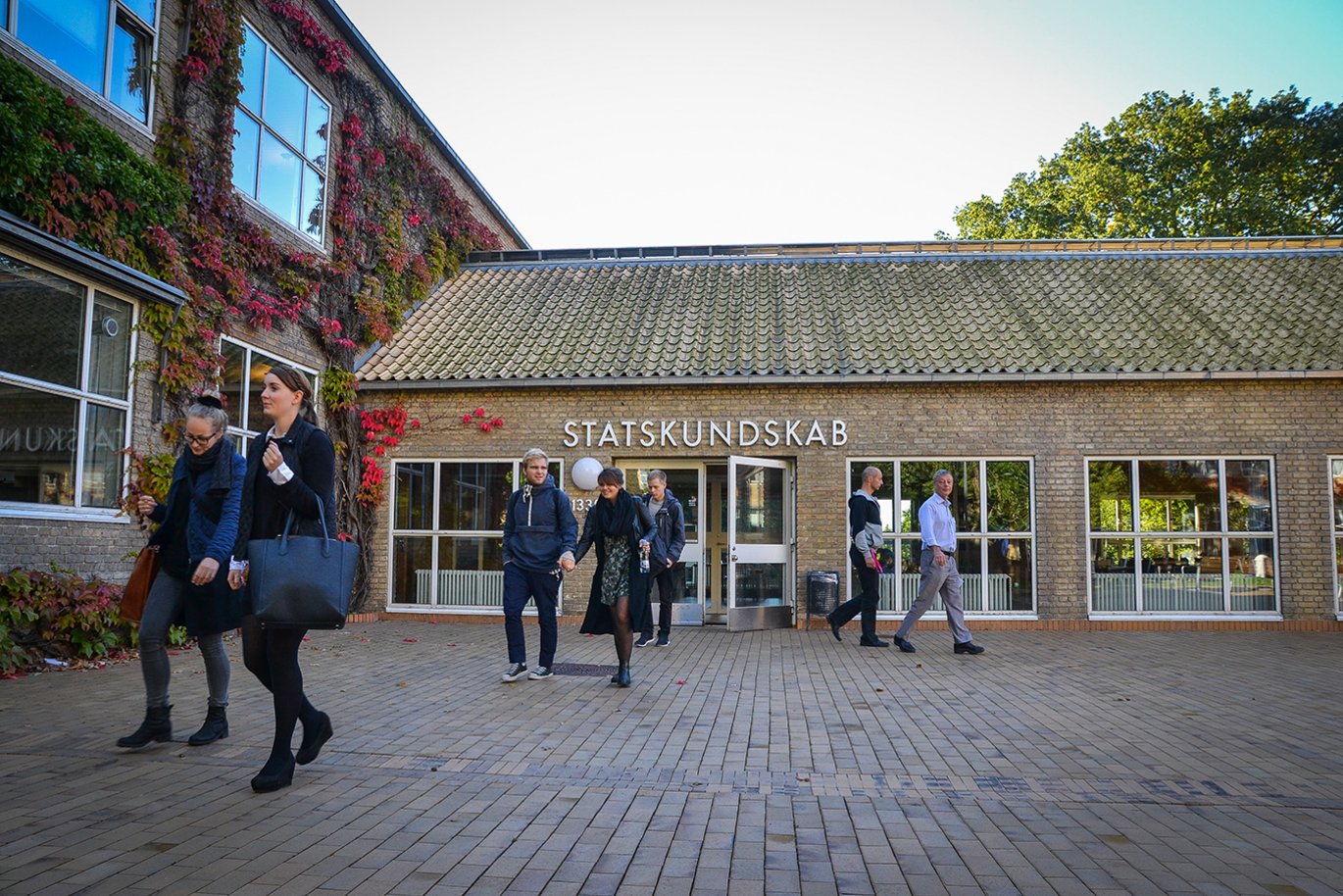
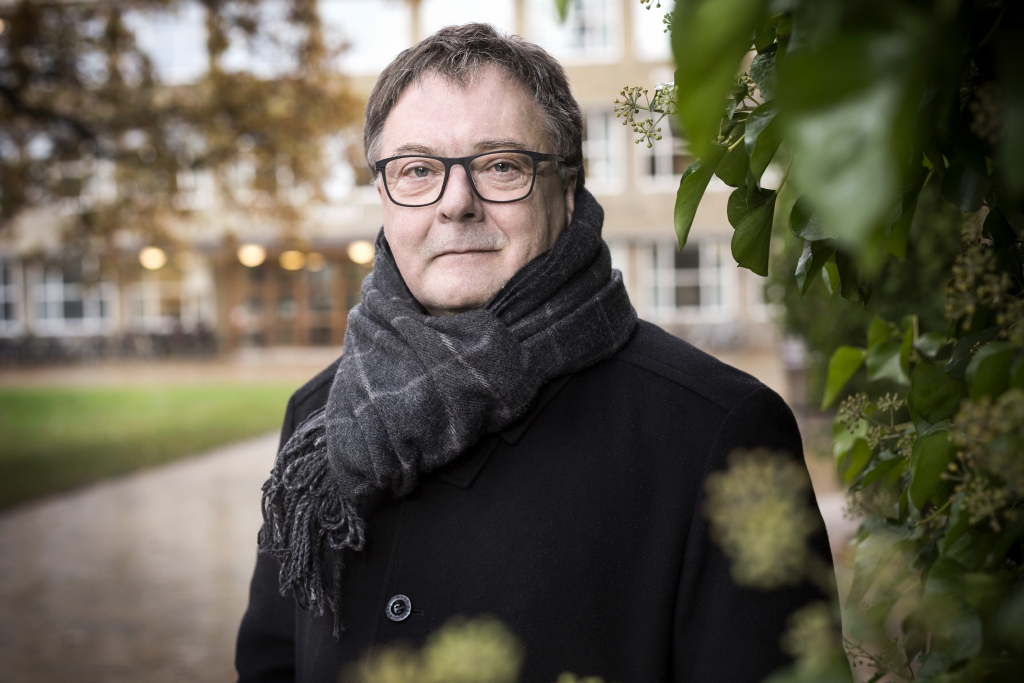
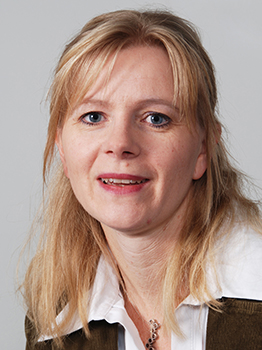
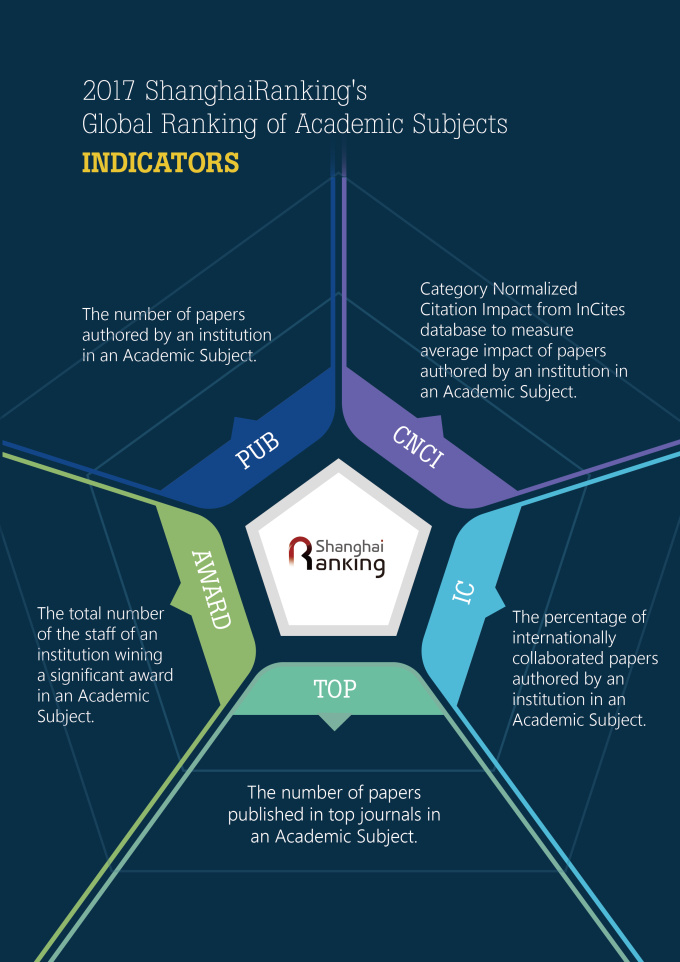
The recently published ShanghaiRanking ranks Aarhus as number six in the world, making it the top Danish university within public administration research. Head of the Department of Political Science Peter Munk Christiansen is very pleased with the impressive ranking and stresses that it is not only important to the department, but also to Danish society.
“As a supplier of a large number of civil servants to the state and to municipalities and regions, it’s fantastic to rank number six worldwide within the field of ‘Public administration’. And we do get a great deal of positive feedback from employers,” says Head of Department Peter Munk Christiansen.
Earlier this year, Aarhus BSS’ public administration research achieved an impressive ranking as number four worldwide in a similar CWUR ranking.
A good environment fosters good research
Vibeke Lehmann Nielsen, who heads the public administration section, says that it is always nice to receive praise and recognition, and that a leading position boosts the section’s motivation. She highlights the good research environment and social cohesion among colleagues as possible explanations for why the research within public administration is performing particularly well:
“First of all, we have a group of talented, committed and disciplined researchers. But I do believe that this is true for all departments and sections in general. I think public administration manages to go the extra mile because we have a section which, despite great diversity in research interests, has a basic mutual and accommodating understanding of what constitutes good and interesting research. This results partly in many people working together on projects and articles, and partly in us giving each other focused, constructive and respectful comments on article drafts and research proposals. In addition, it’s my clear impression that everyone in the section actually like each other as people. That’s why going to work isn’t just professionally satisfying. It’s also cosy and fun.”
Vibeke Lehmann Nielsen emphasises that the recognition is useful on a more strategic level:
“It can make it easier partly to attract and retain talented researchers, and partly to attract strong, international capacities to the university, either as guest lecturers or as participants in specific research projects. It may also cause international research projects to ask researchers from our section to participate. And it can make it easier for us to establish good international contacts and to arrange stays for our PhDs and postdocs,” she says.
Ranking criteria
In the ShanghaiRanking, universities are evaluated on their research output, research quality, the degree of international collaboration, and whether the research is of the highest quality and recognised at a high academic level. A winner is chosen within 52 categories, including natural sciences, engineering, medicine and social sciences. In total, more than 4,000 universities have been ranked.
In the Political Science category, the Department of Political Science is ranked as number 30 on the ShanghaiRanking. Thus, the department is the fifth best in Europe and the sixth best in the world outside the US.
